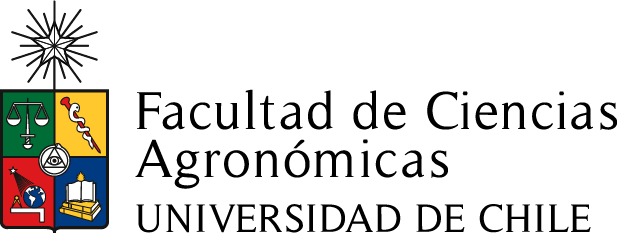Conferencias y seminarios
Seminario Antumapu 2025: EDGE angiosperms: Global assessment shows high risk of extinction across the flowering plant tree of life
Fecha
Miércoles 08 de octubre de 2025
Hora
12:30
Lugar
Sala Roberto Opazo
(Av. Santa Rosa 11315, Paradero 32, La Pintana, Santiago, Chile)Seminario EDGE angiosperms: Global assessment shows high risk of extinction across the flowering plant tree of life
Global biodiversity policies recognize the necessity to preserve evolutionary lineages across the tree of life. However, most plants are currently absent from global assessments of biodiversity, resulting in a taxonomic imbalance that has undermined their conservation for decades. In order to address this situation, we reconstructed a complete tree of life and produce extinction risk estimates for all ca 335,500 species of angiosperms to generate the first global assessment of threatened evolutionary history for flowering plants. We found that more than one fifth of all angiosperms evolutionary history is at risk of extinction and identified just under 10,000 priority species, or EDGE species (Evolutionarily Distinct and Globally Endangered), that disproportionately account for total threatened evolutionary history. This information will be crucial to include plants in global phylogenetic indicators to monitor conservation effectiveness and optimize resource allocation in the face of increasing human pressures on biodiversity.
Academic profile:
Félix Forest is a plant evolutionary biologist with a wide range of interests. He has worked on the molecular systematics of numerous plant groups including Leguminosae, Polygalaceae, and Betulaceae. His main current interest is Iridaceae, more specifically the species found in the Cape of South Africa, and the evolution of pollination syndromes in this group. He is also interested in biogeographical patterns and processes and the factors promoting diversification and speciation. In recent years, he has mostly focus on the integration and application of evolutionary approaches in conservation. This includes the use of phylogenetic diversity to explore plant biodiversity patterns in the Cape of South Africa and the application of the EDGE approach to plants. He has studied and worked in three renowned botanical gardens, the Jardin Botanique de Montréal in Canada, the Kirstenbosch National Botanical Garden in South Africa, and the Royal Botanic Gardens Kew, in the UK.
- Dirección de Investigación e Innovación Facultad de Ciencias Agronómicas U. de Chile

